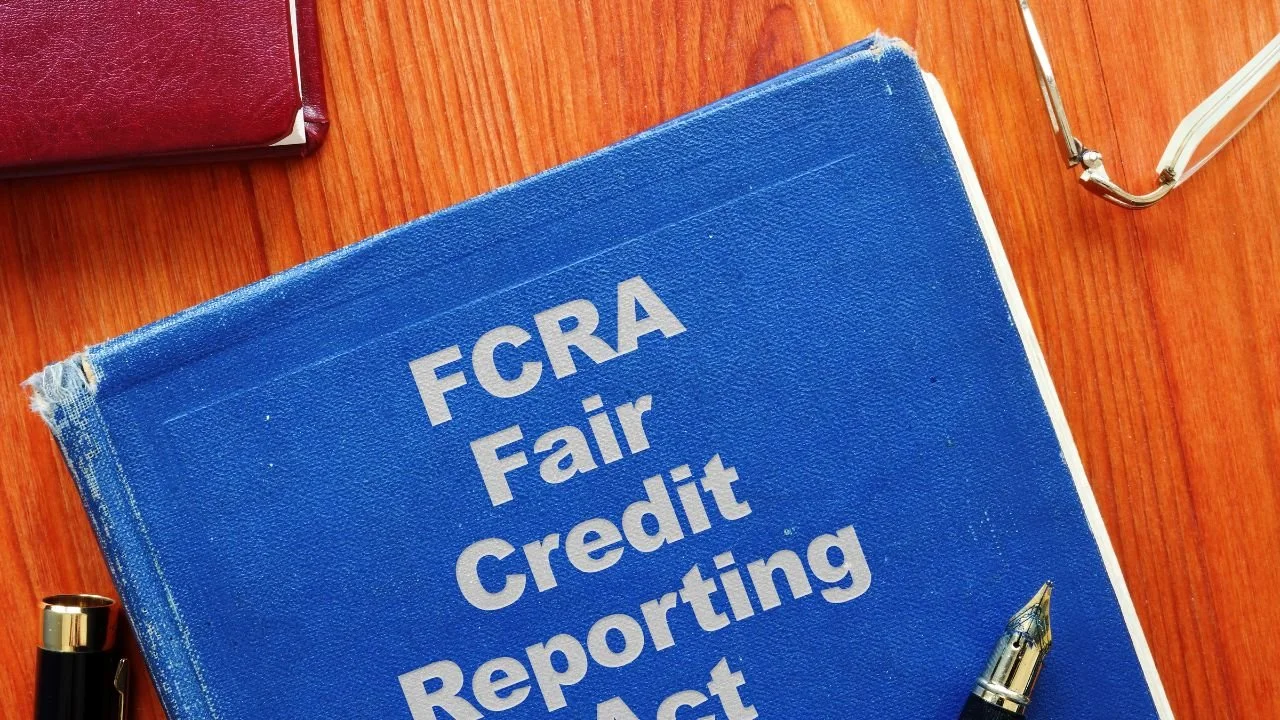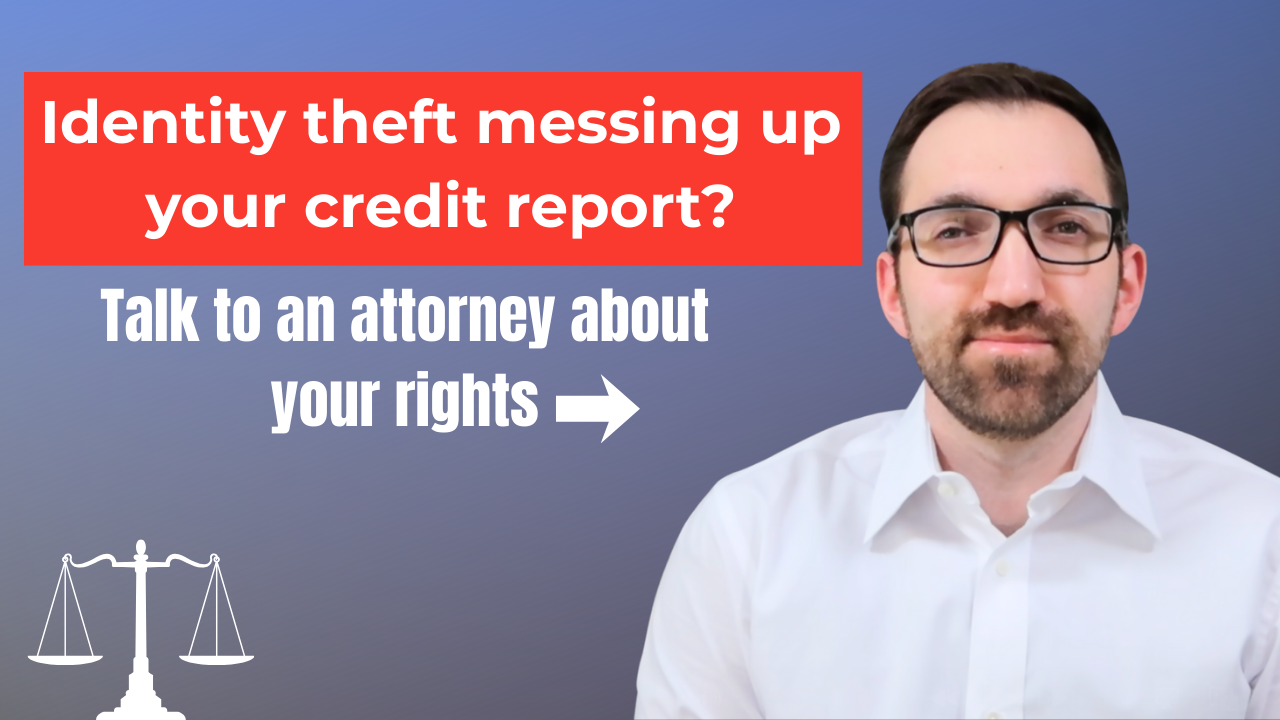Can You Sue a Company for Identity Theft?
The short answer is yes, you can sue companies, like credit bureaus and banks for identity theft. But it may not be in the way you think.
Companies are not liable for allowing a criminal to use your information to fraudulently open an account in your name. But they are liable for continuing to report fraudulent information on your credit report after the fact.
In this article, I’ll explain when and how you can sue a company for identity theft, and what you can potentially recover if you do.
What Companies can be Sued for Identity Theft?
The Fair Credit Reporting Act (FCRA) is a federal law that gives important rights to victims of identity theft. Under the FCRA, there are two main types of companies that consumers can typically sue: credit bureaus and data furnishers.
Most people have heard of the credit bureaus, also known as credit reporting agencies. These are the companies that compile and sell your credit information to lenders, employers, landlords, and others who want to review it. The three major credit bureaus in the United States are TransUnion, Equifax, and Experian.
The FCRA sets strict and complex rules that credit bureaus must comply with when a consumer notifies them of potential identity theft. If they don’t follow these laws, a consumer can sue them for violating their rights under the FCRA.
Data furnishers are the companies that supply the credit bureaus with your account information. This includes banks, lenders, debt buyers, student loan servicers, and other creditors. The bureaus compile your credit history, but it’s the furnishers that determine what appears in it.
Like credit bureaus, data furnishers also have legal obligations under the FCRA. Once you notify them and the bureaus about identity theft, they must conduct a reasonable investigation and correct any inaccurate reporting. If they ignore your notice or fail to fix the errors, they too can be held liable.
Can You Sue a Bank for Allowing Identity Theft?
Yes. A bank is considered a data furnisher under the FCRA. If it continues to report fraudulent information to after you notify the credit bureaus of the identity theft, it can be sued under the FCRA.
That notice isn’t optional. It’s a required step before filing a lawsuit. Under the FCRA, you must first submit what’s called a dispute to the credit bureaus. If you don’t, you cannot sue either the bank reporting the fraudulent information or the credit bureau that’s involved.
The key point is that the dispute must go to the credit bureaus, not just the bank. You may also send the dispute directly to the bank that’s reporting the fraudulent account, but that is optional.
The FCRA directs consumers to submit disputes to the credit bureaus, who then must notify the bank. This is what triggers the bank’s duties under the FCRA to investigate your dispute.
How Identity Theft Lawsuit Settlements Work
When credit bureaus or banks fail to follow the FCRA after you report identity theft, you may be entitled to compensation through an FCRA lawsuit. Most of these cases settle before trial.
Under the FCRA, consumers can recover several types of damages:
Actual damages for credit denials, higher interest rates, reputational harm or emotional distress caused by the inaccurate reporting.
Statutory damages of up to $1,000 for willful violations.
Attorney’s fees and costs, which the defendant must pay if you win.
Punitive damages in cases involving reckless or intentional misconduct
The amount of a settlement depends on several factors, including how long the inaccurate information remained on your report, how the company or bank handled your dispute, and what impact the errors had on you.
Because attorney’s fees are recoverable under the FCRA, most consumers can pursue these cases without paying out of pocket. The quality and experience of your attorney can also affect the strength and outcome of the settlement. It’s best to work with a lawyer who regularly files and litigates FCRA identity theft cases.
What To Do Next
If you’ve been a victim of identity theft and your credit report still shows fraudulent information, contact Reznik Consumer Law. We help consumers enforce their rights under the FCRA and hold banks and credit bureaus accountable.


